This Tiny Habit Helps You Lower Your Blood Pressure Faster Than Cardio

High blood pressure is a serious condition that can lead to major health issues such as heart disease, stroke, kidney disease, and more. According to the Centers for Disease Control and Prevention, nearly half of Americans (48.1%, 119.9 million) have high blood pressure, also called hypertension, and was a “primary or contributing cause of 685,875 deaths” in 2022.
One of the terrifying things about high blood pressure is that there are often no warning signs indicating a problem, but the good news is there are things you can do to lower the risk factors. Besides staying on top of routine doctor visits, working out 150 minutes a week, not smoking, limiting alcohol intake, eating a healthy diet, and getting enough sleep all reduce the chance of high blood pressure. In addition, there are small habits you can adopt that lower blood pressure faster than doing cardio, according to experts Best Life spoke with. Read on.
RELATED: Supplement Can Lower Blood Pressure.
Deep Breathing and Meditation Exercises

There is a certain way to breathe deep to get the full benefits. Rachel Lovitt, CP, and holistic movement coach, says, “Slow breathing is typically defined as a breath that takes six or more seconds, with particular emphasis on a long, slow exhale. I am partial to a 4/6 count breath.”
She adds, “Deep/meditative breathing helps lower blood pressure by triggering the body’s relaxation response, which then decreases the sympathetic nervous system response and reduces the production of cortisol (the stress hormone). A real-world example of using breathing exercises to help reduce stress (which typically goes hand-in-hand with lower blood pressure) is the Navy SEALs, who teach the 4-4-4-4 box breathing technique to train soldiers to reduce stress in dangerous situations.”
She explains, “Breathe in for 4 seconds and breathe out for 6 seconds. Counting the breath helps you focus, while the 4/6 count ensures a slow breath, with the exhale more prolonged than the inhale, aiding in relaxation and calm. This 4/6 breath is also called the ‘breath of water’ because it mimics the rhythmic flow of water. I find it to be a very balancing breath that can be used in almost any situation where breathwork would be helpful.”
Cold Water Splash
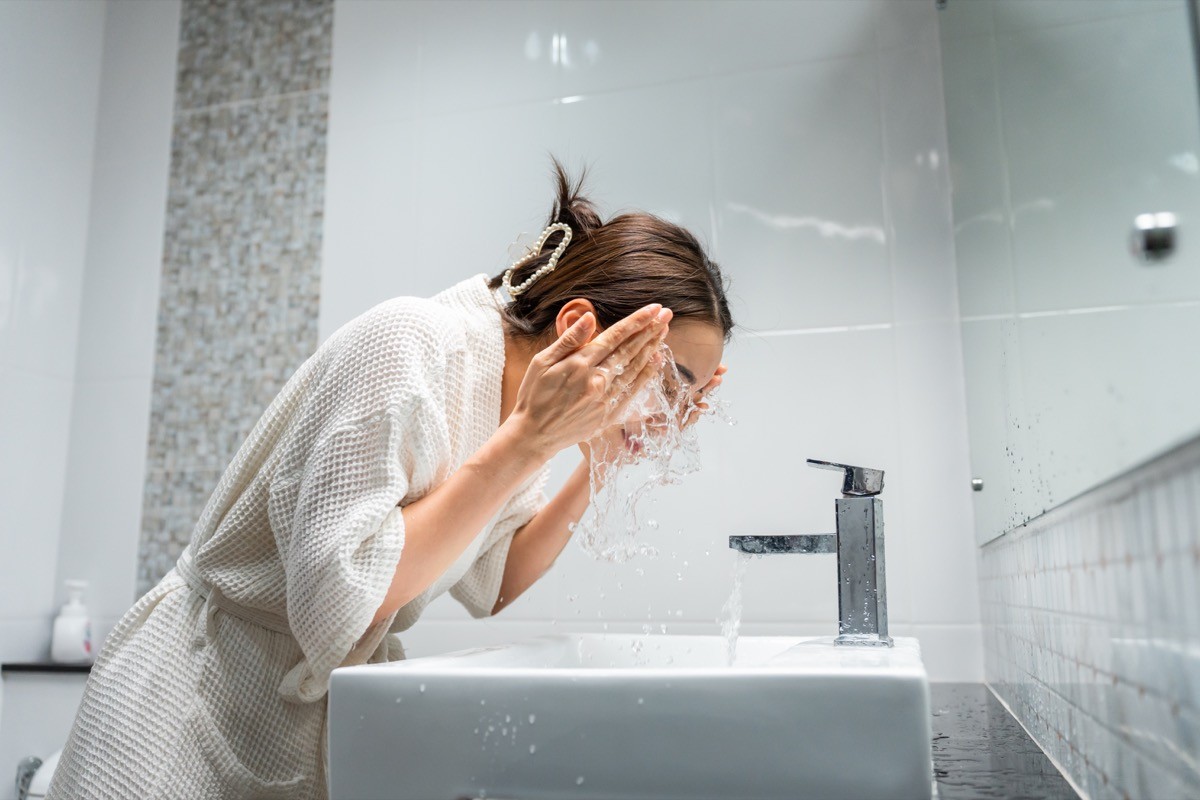
Splashing cold water on your face can help you wake up, reduce puffiness, improve circulation, and lower your blood pressure almost immediately “because it stimulates the vagus nerve, with results starting within minutes,” Dr. Connor explains. “The vagus nerve(s) (you have one on each side of your body running from your brain, through the neck, chest, and abdomen, to the large intestine) is part of the parasympathetic nervous system (PNS), and it’s responsible for calming the body,” she says. “When stimulated, the vagus nerve activates your ‘rest-and-digest’ response, which relaxes the body and reduces the stress response, which in turn, helps to lower blood pressure. Similar to a cold water splash, a cold shower or drinking an ice-cold glass of water can yield the same response.”
Adjust Your Posture
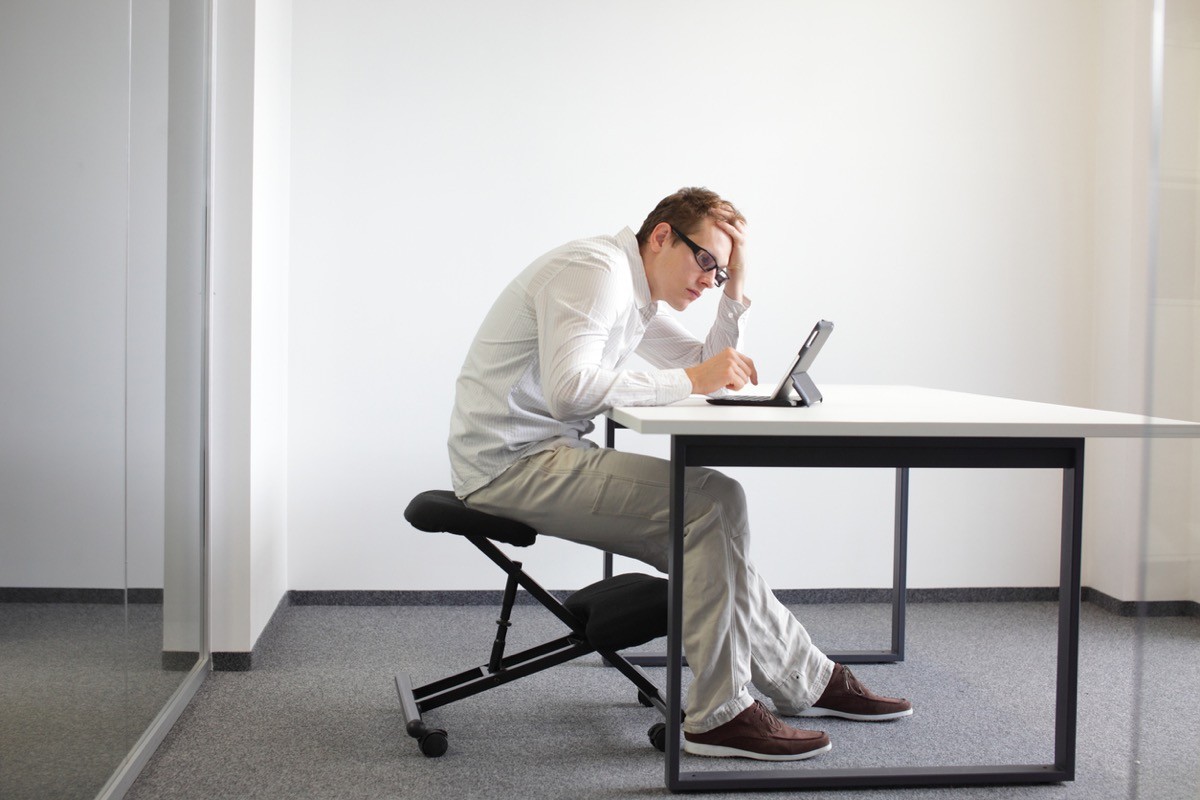
Having good posture isn’t just attractive; it’s healthy. “Did you know that poor posture can contribute to increased blood pressure by putting more pressure on the heart and lungs, forcing them to work harder?” says Dr. Connor. “By adjusting your posture, you can help lower your blood pressure because there’s less constriction, and blood can flow more efficiently. Your heart doesn’t have to work harder to pump through your body,” she adds.
Consistent Quality Sleep
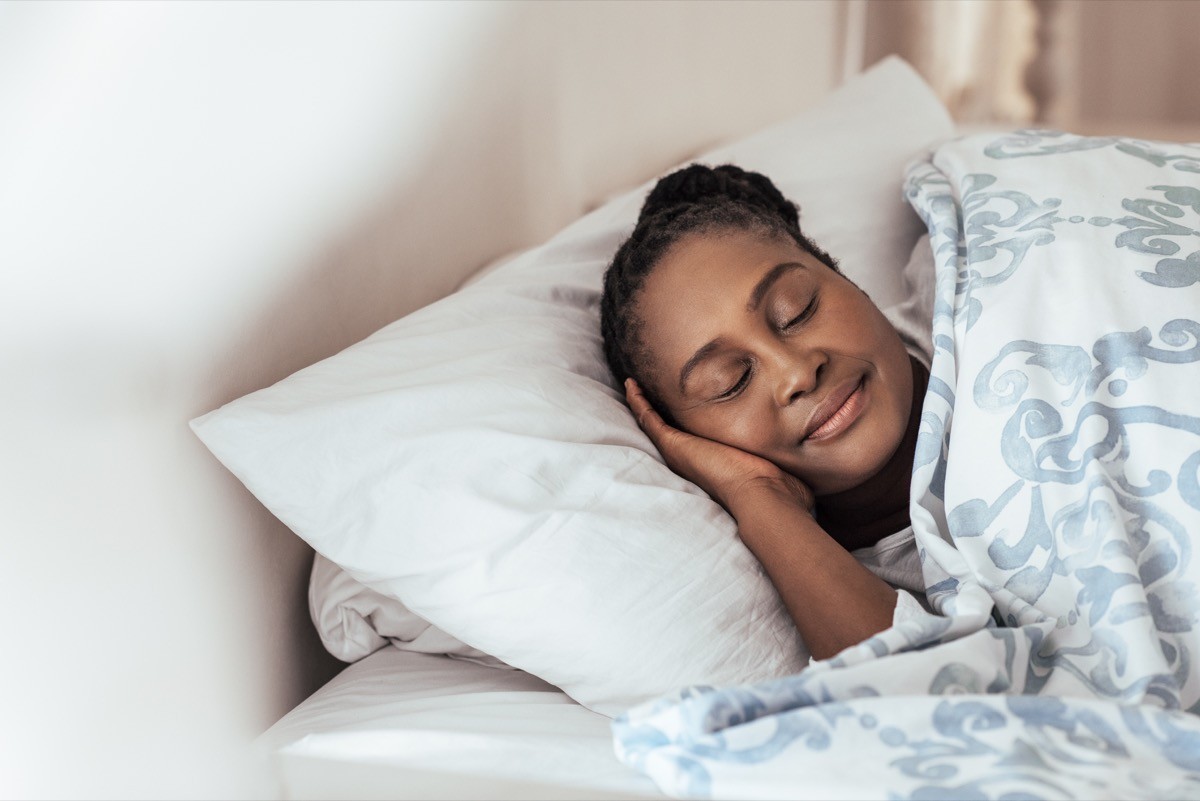
Getting good sleep regularly provides a slew of health benefits. “Consistent sleep hygiene combined with good quality and quantity sleep are really important for lowering blood pressure because it helps your body know when it’s time to relax and sleep,” Dr. Raj Dasgupta, Chief Medical Advisor for Fortune Recommends Health, states.
“When you go to bed and wake up at the same time every day, your body starts to get used to that routine, making it easier to fall asleep and wake up feeling refreshed,” he explains. “Good sleep helps reduce stress and keeps your hormones balanced, which is crucial since high stress can raise your blood pressure.”
RELATED: DASH Diet Can Lower Blood Pressure.
Dr. Dasgupta gives the following tips to help you get the best sleep.
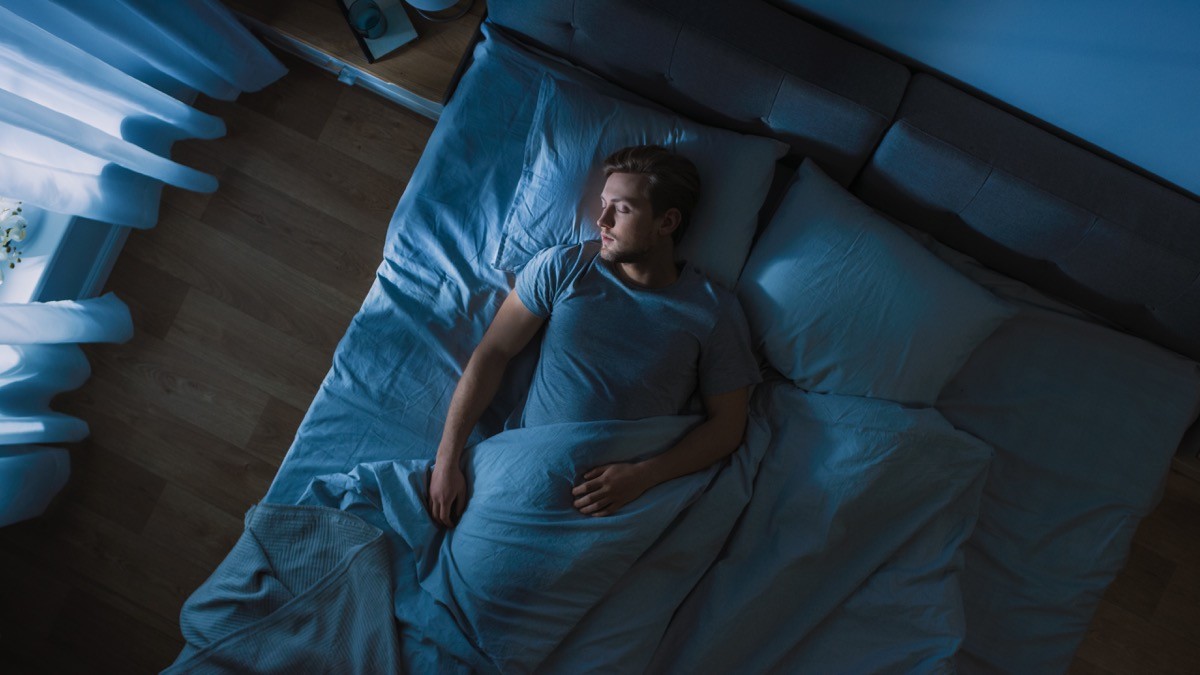
-A cool, dark, and quiet room helps signal to your brain that it’s time to sleep.
-Cutting back on screen time before bed means less blue light, which can interfere with your sleep hormone, melatonin.
“By sticking to these habits, you can sleep better, feel less stressed, and ultimately help keep your blood pressure in check,” he says.
Sound Techniques

We all know music impacts our lives and can boost our moods, but so can other sounds. Sound healing has been practiced for centuries to relax and calm the mind and body and is still used to help heal.
“There’s a related sound healing technique that can immediately help to calm the nervous system, which may, in turn, assist in lowering blood pressure—humming,” Jo-Anne Suriel, Reiki Master, Akashic Records Reader and Sound Healer, says. “The act of humming generates nitric oxide, a vasodilator, meaning that it helps to relax blood vessels and can prevent them from narrowing. Nitric oxide also benefits the immune system, the nervous system, and the respiratory and digestive systems—in addition to the circulatory system.”
Humming might not seem like it can positively benefit our overall health, but according to Suriel, it makes a big difference. “The way I practice humming is to deeply inhale through the nose without generating any sound and then hum as you exhale through the nose,” she explains. “Try to hold the humming sound until you reach the end of the exhale. Repeat for several minutes—silent inhale, humming exhale—and you will likely notice a decrease in stress and an increased feeling of calm, which should benefit blood pressure, as well.”
Diet is Key
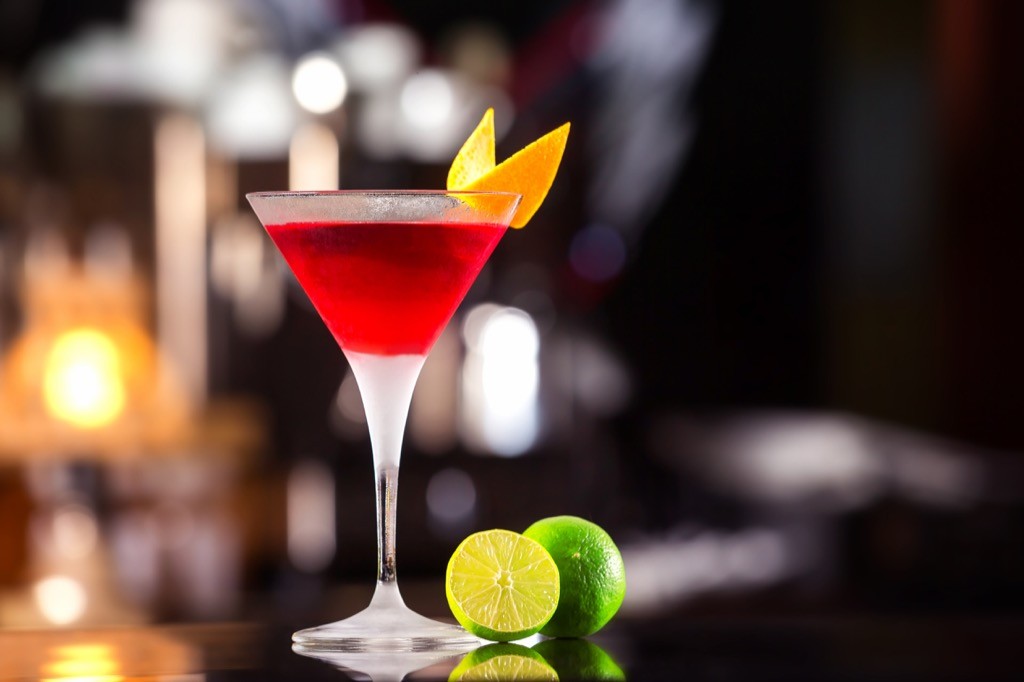
A few tweaks to your diet can lower blood pressure.
“Reducing alcohol consumption reduces strain on your blood vessels by helping your heart beat more efficiently, significantly reducing blood pressure over time,” Rebecca Stewart, CPT and mobility coach, pain-free performance specialist, explains.
Not eating as much salt can also make an impact. “Decreasing sodium intake from highly palatable foods decreases the amount of volume that flows through your blood vessels,” says Stewart. “This decreases the pressure on your arteries and the walls of the blood vessels.”
She adds, “Increasing potassium intake balances the amount of sodium in your cells and counteracts sodium’s effect on the blood vessels by relaxing them. Staying hydrated also improves blood vessel dilation, flushes out excess sodium in the blood, and lowers blood pressure.”
Stewart tells us, “These habits provide a more immediate impact on blood pressure than cardiovascular exercise, which typically works over a longer period of time but is equally important for heart health.”